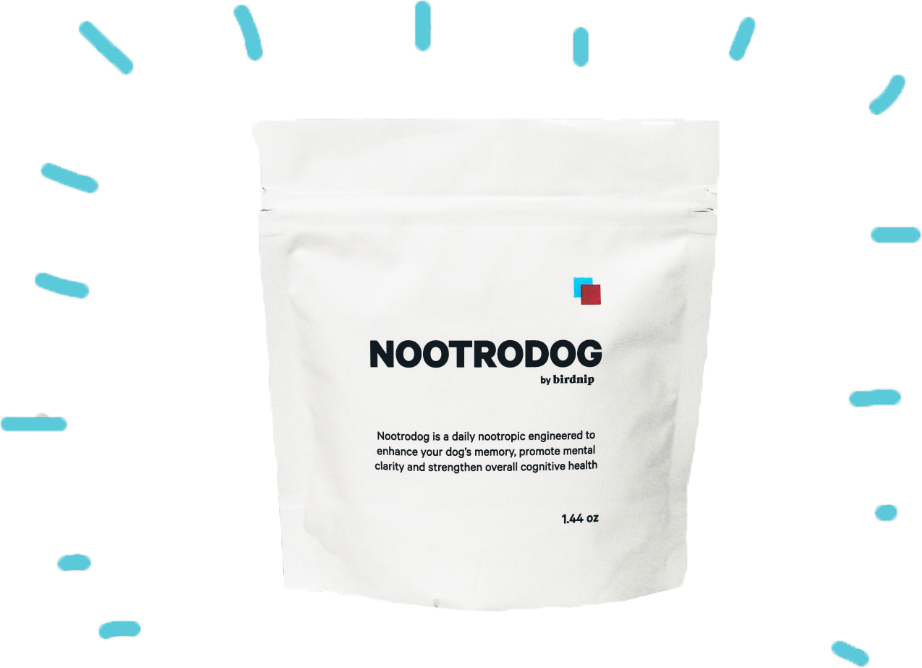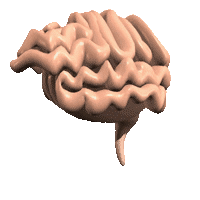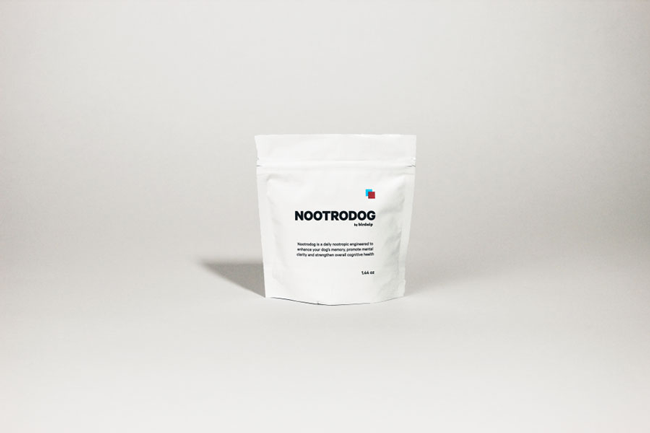
Price range: $24.00 through $36.00 — or from Price range: $20.40 through $30.60 / month
nootrodog®
Canines have never before reached their full mental capacity. Unlock a new era of possibility with the world’s first brain-boosting nootropic for dogs
SERVING: One month supply powdered supplement. 1/2tsp daily for small, 1tsp for medium, 1.5tsp for large. For optimal results, Nootrodog® should be taken daily for at least 6-8 weeks.
INCLUDES: One month supply bag
1/2 teaspoon scoop
(S) 1.44oz, (M) 2.88oz, (L) 4.32oz
* SUBSCRIBE AND SAVE 15%
*Risk-Free Subscriptions – Cancel At Any Time
*Free Shipping on all orders













100% all-natural, human-grade brain boosting goodness
science-based. research-backed. vet approved.

ACTIVE INGREDIENTS:
Rhodiola Rosea (80mg per 1/2tsp)
Bacopa Monnieri (200mg per 1/2sp)

REFERENCES




